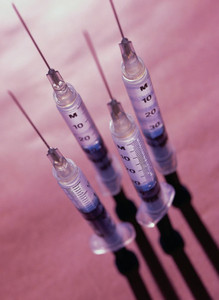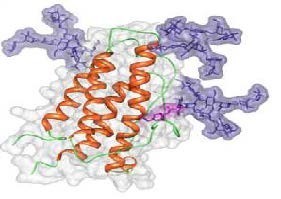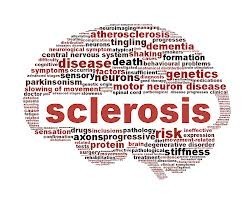Netherlands-based biologicals company Synthon announced on 12 April 2016 that it had successfully concluded the decentralized procedures for its follow-on glatiramer acetate product.
The product is a therapeutically equivalent version of the originator medicine Copaxone, which is approved for the treatment of relapsing remitting multiple sclerosis (RRMS). All 29 Member States included in the decentralized procedures supported approval of the product.
Copaxone is classified as a non-biological complex drug (NBCD), but since there are currently no guidelines for ‘follow-on’ versions of NBCDs such drugs are approved under the generics pathway. However, due to their complexity and the fact that they cannot be fully quantitated, characterized or described by (physico-)chemical analytical tools, some groups have said that the generics pathways may not be appropriate in assessing public health safety and clinical efficacy, and have called for regulatory guidelines for follow-on versions of NBCDs [1].
Glatiramer acetate is a mixture of synthetic polypeptides manufactured from four amino acids: alanine, lysine, glutamic acid, and tyrosine. It is produced entirely through chemical processes with standard starting materials in a predictable and reproducible reaction typical of complex drugs, i.e. there is an inherent micro-heterogeneity between batches observed in both physicochemical and functional assays. The mechanism of action and the active components responsible for Copaxone’s clinical effect are still uncertain in spite of extensive research and a multitude of publications in peer-reviewed journals. Therefore, the entirety of the Copaxone constituents is considered to be the active pharmaceutical ingredient (API).
The approval was based on a large-scale, multicentre, phase III study, known as GATE (Glatiramer Acetate clinical Trial to assess Equivalence to Copaxone). Results of the study demonstrated equivalence in efficacy and safety and supported the safety of switching active therapy from Copaxone to Synthon’s follow-on glatiramer acetate.
Synthon is the only company to have performed such a study for glatiramer acetate and to obtain regulatory clearance in Europe. The US Food and Drug Administration approved its first follow-on version of glatiramer acetate injection (Sandoz’s Glatopa) in April 2016 [2].
Editor’s Comment
Please feel free to share your thoughts via email or in the comments section below. What are your views on regulatory approval for follow-on versions of NBCDs? Do you think that a separate regulatory pathway is required?
Readers interested to learn more about follow-on versions of NBCDs are invited to visit www.gabi-journal.net to view the following manuscripts published in GaBI Journal:
Non-Biological Complex Drugs (NBCDs) and their follow on versions (generics): time for an editorial section
Defining and characterizing non-biological complex drugs (NBCDs) – Is size enough? The case for liposomal doxorubicin generics (‘liposomal nanosimilars’) for injection
Readers interested in contributing a research or perspective paper to GaBI Journal – an independent, peer reviewed academic journal – please send us your submission here.
Related articles
Non-biological complex drug concept: experiences with iron sucrose and low molecular weight heparin
FDA accepts applications for three-times-weekly generic Copaxone
References
1. GaBI Online - Generics and Biosimilars Initiative. Guidelines needed for follow-on versions of NBCDs [www.gabionline.net]. Mol, Belgium: Pro Pharma Communications International; [cited 2016 May 13]. Available from: www.gabionline.net/Reports/Guidelines-needed-for-follow-on-versions-of-NBCDs
2. GaBI Online - Generics and Biosimilars Initiative. FDA approves first follow-on version of glatiramer acetate [www.gabionline.net]. Mol, Belgium: Pro Pharma Communications International; [cited 2016 May 13]. Available from: www.gabionline.net/Non-Biological-Complex-Drugs/News/FDA-approves-first-follow-on-version-of-glatiramer-acetate
Permission granted to reproduce for personal and non-commercial use only. All other reproduction, copy or reprinting of all or part of any ‘Content’ found on this website is strictly prohibited without the prior consent of the publisher. Contact the publisher to obtain permission before redistributing.
Copyright – Unless otherwise stated all contents of this website are © 2016 Pro Pharma Communications International. All Rights Reserved.








 0
0











Post your comment